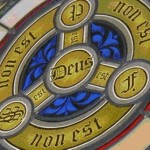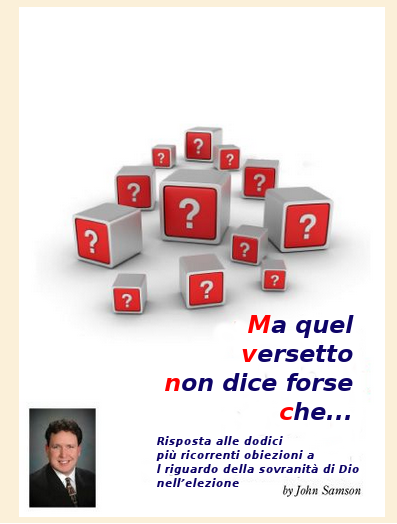 The following is a series of blog articles by Dr. Sam Waldron regarding a current debate/discussion concerning the Trinity. All posts are here for reference sake:
The following is a series of blog articles by Dr. Sam Waldron regarding a current debate/discussion concerning the Trinity. All posts are here for reference sake:
Who’s Tampering with the Trinity? (Part 1)
Who’s Tampering with the Trinity? That is the name of a book that is perhaps the most recent installment of a major debate going on among “evangelicals” on the subject of the Trinity. The subtitle of the book identifies the debate in question: An Assessment of the Subordination Debate. In this book Millard J. Erickson attempts an even-handed evaluation of the debate over the Trinity as it relates to what is called the eternal subordination of the Son. In case you are new to this debate it is intimately related to the ongoing debate between “egalitarians” and “complementarians” on the relation of men and women in the home and in the church. The two sides to the Trinitarian debate are often, described by these two names. Erickson, however, prefers to call the egalitarians “equivalentists” because they believe that each person is equivalent in authority with regard to one another. He prefers to call the complementarians “gradationists” because they believe that the Son and Spirit are subordinate to the Father among the persons of the Trinity. At the end Erickson (who is an egalitarian with regard to the relations of men and women) sides with equivalentists. He even suggests, though he acknowledges no gradationist holds that heresy today, a danger that gradationists in future generations will fall into Arianism.
Erickson’s views have been reviewed and criticized in at least two major articles. One is by Steve Wellum in the journal of The Council on Biblical Manhood and Womanhood. It is entitled, “Irenic and Unpersuasive: A Review of Millard J. Erickson, Who’s Tampering with the Trinity?” The other response is by Keith Johnson in Themelios(36:1). It is not a direct critique of Erickson, but mentions his views many times.
Though—quite honestly—I deplore Erickson’s conclusions on this subject, his book is a helpful primer on the whole debate. Again, though I think him quite insensitive to the nature of historical Trinitarianism on the issues under concern in the present debate, as a survey of Trinitarian approaches to this issue over the last 150 years it is quite helpful. Here are my conclusions from reading Erickson, Wellum, Johnson, and a host of others on the subject of the Trinity with a view to the modern debate over the eternal functional subordination of the Son. Continue reading →



